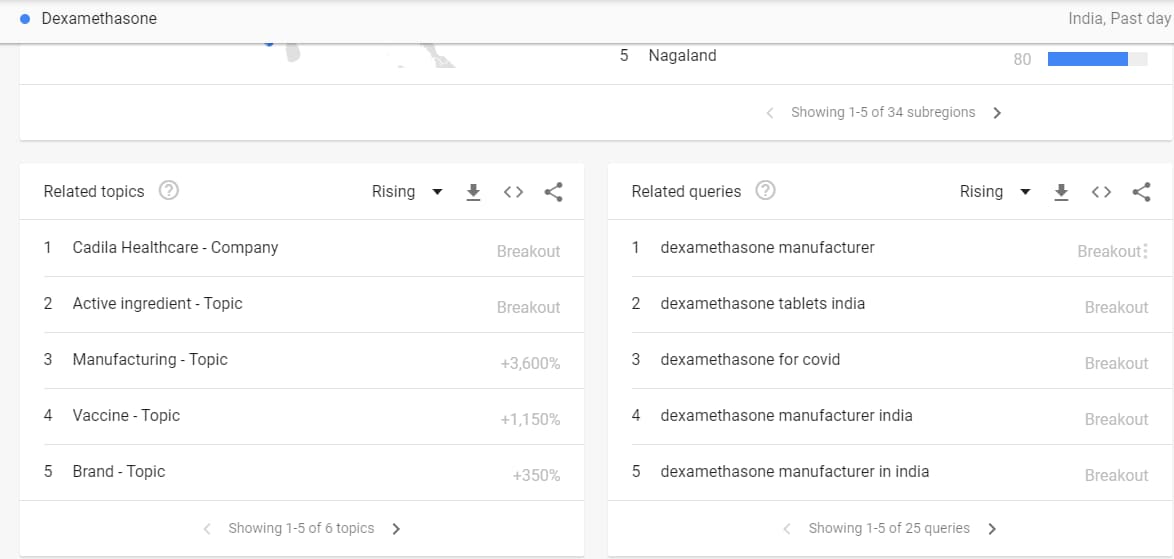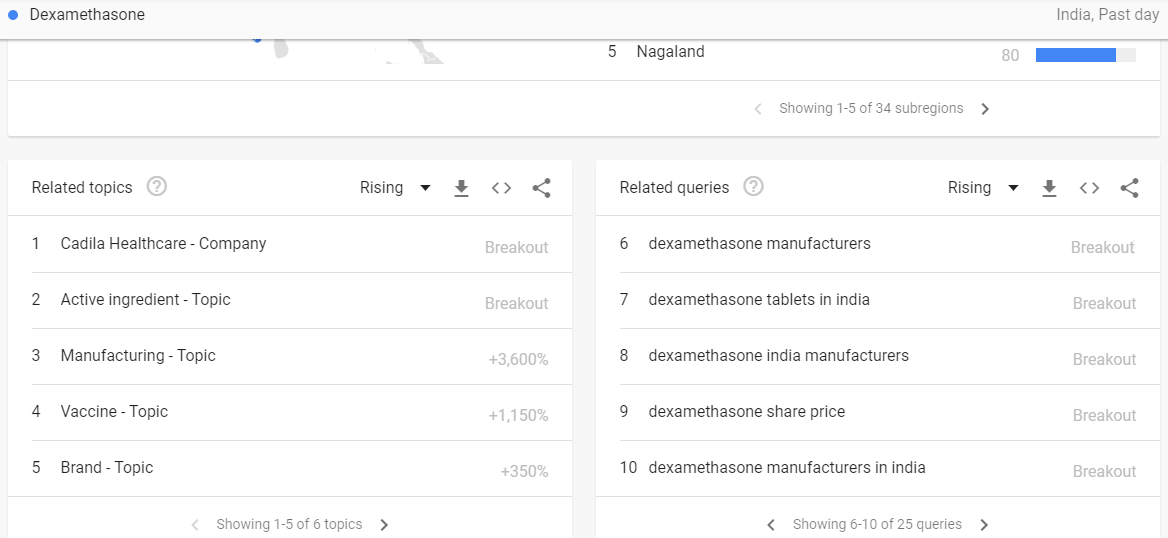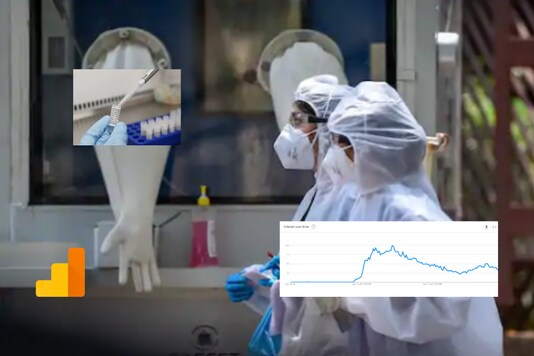With no vaccine in sight and coronavirus death toll crossing 440K worldwide, Tuesday brought a glimmer of hope when UK-led clinical trial "RECOVERY" stated that low doses of the generic steroid drug dexamethasone to patients affected with COVID-19 reduced death rates by around a third among those with the most severe cases of infection.
Calling it a "major breakthrough", the authors went on to suggest that the drug become a standard medicine for patients being treated in hospitals for the deadly disease.
That dexamethasone could cure COVID-19 disease became a huge talking point back in India especially at a time when the cases of patients contracting coronavirus have been shooting up drastically in the past few days.
Dexamethasone is the first life-saving coronavirus drug showing positive results in #RecoveryTrials In India it is available for RS 10 and is made by several Indian manufacturers . @CNNnews18 #Covid_19 pic.twitter.com/HjjbLzxvZl
— Sneha Mordani (@snehamordani) June 17, 2020
Also Read: Cow Urine Kills Coronavirus? These Indian Scientists Are Fighting Fake News in the Time of Pandemic
Soon after, Indians took to google to search up their queries regarding dexamethasone drug. The searches ranged from price of dexamethasone, availability of the drug, dexamethasone's manufacturer, and dexamethasone brands. 

Source: Google Trends
Notably, the curiosity around dexamethasone was the highest in Arunachal Pradesh followed by Sikkim, Delhi, Goa and Nagaland. The news of dexamethasone showing results against the disease also hyped up Twitter.
I’m not one to buy into hype about coronavirus treatments. But reading the preliminary results of the RECOVERY trial for COVID-19 patients on ventilators given dexamethasone, I’m genuinely impressed and look forward to seeing official results. Dexamethasone may be a game changer.
— Eugene Gu, MD (@eugenegu) June 16, 2020
Today, we've approved Dexamethasone for immediate use across our NHS.
This life-saving discovery was made in Britain and is a testament to the brilliant work of scientists & the national effort to save lives & protect our NHS.
— Matt Hancock (@MattHancock) June 16, 2020
We @WHO welcome results from a large RCT, that dexamethasone reduces mortality among the most severe #COVID19 patients. Focus must be on saving lives and preventing new infections
Coronavirus breakthrough: dexamethasone is first drug shown to save lives https://t.co/GG75lsEAbk
— Soumya Swaminathan (@doctorsoumya) June 16, 2020
How is it that dexamethasone...
...a drug that has been tried for every disease, just about
...that works decently for some things, and not at all in others,
...somehow hits its first grand slam EVER,
...with an illness that has so greatly eluded our best efforts to treat it?
— Jeremy Faust MD MS (@jeremyfaust) June 16, 2020
Medical experts also advised against popping the drug and self-medicating without a prescription from a doctor.
Dexamethasone Study:
Good:
Clinical/mortality benefit 👍
Cheap/Tried/Tested
Bad:
Significant short/ longterm side effects (suppresses 👎immunity, bleeding, wt gain)
Verdict:
Don’t hoard/self medicate
Mild illness? Don’t use
Ventilated or HFNC patient? Let doctors decide
— Faheem Younus, MD (@FaheemYounus) June 17, 2020
Meanwhile, The World Health Organization has welcomed the initial clinical trial results from the UK.
"This is the first treatment to be shown to reduce mortality in patients with COVID-19 requiring oxygen or ventilator support," WHO quoted its Director-General, Dr Tedros Adhanom Ghebreyesus.
"This is great news and I congratulate the Government of the UK, the University of Oxford, and the many hospitals and patients in the UK who have contributed to this lifesaving scientific breakthrough."
According to a report published in BBC, dexamethasone is already used to reduce inflammation in a number of other conditions and has been found to stop some of the damage when the body goes into the deadly cytokine storm while trying to fight coronavirus.
Around 2,000 hospital patients were given dexamethasone and were compared with more than 4,000 others who did not receive the drug. Study authors found that it cut the risk of death from 40% to 28% for patients on ventilators. For those needing oxygen, it cut the risk of death from 25% to 20%, the report further stated.










